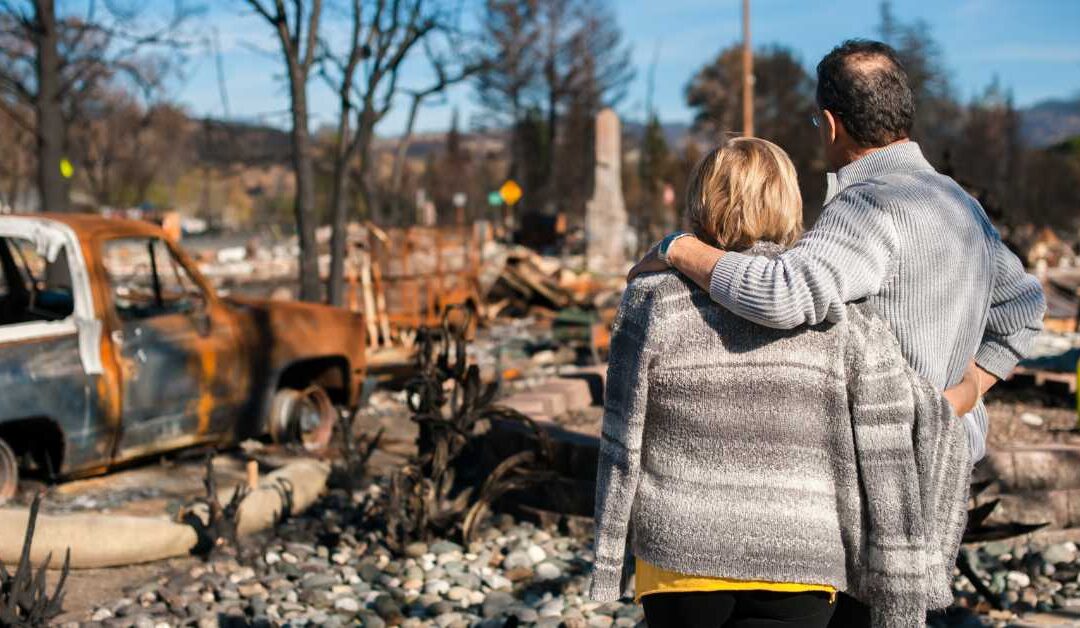Beginning a career in disaster relief is a fulfilling way to help those in the most vulnerable positions find security and peace. If you’re considering a disaster management career, review these steps to prepare yourself for this challenging yet essential role.
In the east, hurricanes and tornadoes often leave cities devastated. In the West, forest fires and earthquakes can humble entire communities. Hospitals and nursing care facilities can be hardest hit. Planning and managing disasters is a career with growing demand.
Understand the Various Phases Involved in Disaster Relief
When you think of disaster relief, you may picture handing out food and water to hurricane victims or providing shelter for wildfire victims. However, the role of a certified emergency manager or emergency response professional spans far beyond these actions.
Disaster relief includes four main phases, and you’ll be responsible for mastering each of them:
- Preparedness: Creating emergency response plans, training relevant individuals, stockpiling essential supplies, and altogether planning for a wide range of disasters well before there are any signs that they could occur
- Response: Assessing the needs of those affected by a disaster, treating those needs, and communicating with affected populations
- Recovery: Rebuilding and restoring damaged areas
- Mitigation: Preventing future disasters in a disaster-affected area and evaluating previous preparedness tactics
Depending on your job, you may assist with all of these phases or focus your attention on a specific one. If one of these phases appeals to you more than others, research jobs that deal with those activities.
Evaluate the Skills Necessary for Disaster Management
If you already have some of the skills necessary for a disaster management career, you may have an easier time getting through your coursework, and be able to respond to emergencies and disasters more naturally. But any of these skills can be learned with enough time and commitment.
The essential skills involved in disaster management include:
- Critical thinking
- Decision making
- Communication
- Interpersonal skills
- Leadership
You should also be able to work well under pressure and extreme stress.
Seek a Bachelor’s Degree in Crisis Management
Many crisis management roles, whether for a local government, a federal emergency management agency, or private companies, have educational and certification requirements you must meet. Those that don’t have such requirements will still prioritize candidates with relevant education and experience.
As a result, seeking a bachelor’s degree in crisis management is a worthwhile step in preparing for a disaster management career. Doing so will give you the credentials for many disaster recovery jobs and help you learn the skills and procedures to do your job well.
At Everglades University, we offer a Bachelor of Science with a major in Crisis and Disaster Management. Through this program, you’ll take essential courses like the following:
- Effective Team Management
- Community Disaster Mitigation and Recovery
- Terrorism and Homeland Security
- Disaster Health Management
After completing this program, you’ll be ready for a fulfilling disaster management career.
Request info today to learn more about a Crisis and Disaster Management degree from Everglades University.

Recent Comments